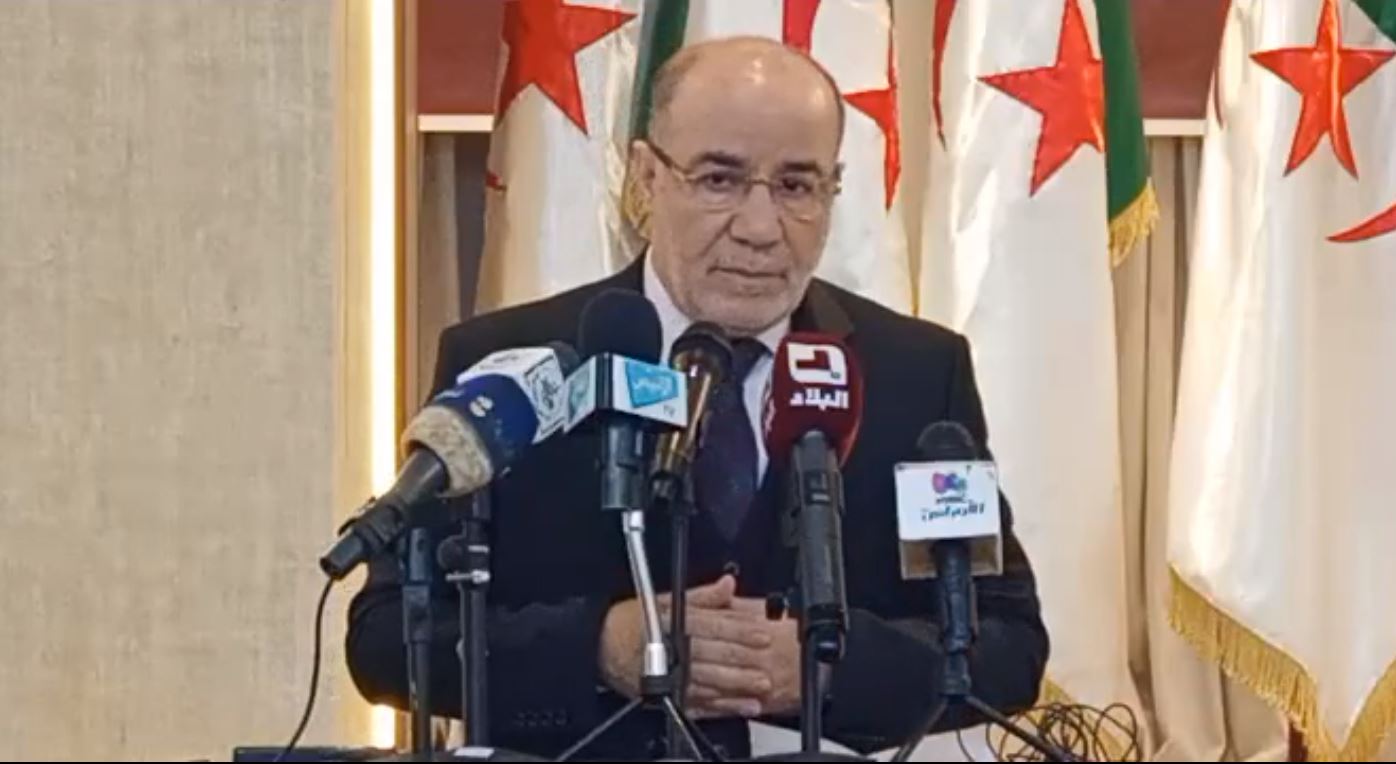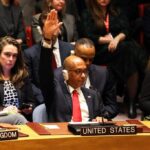Religious diplomacy is a delicate art, requiring a subtle understanding of cultural and religious nuances. It can build bridges between nations, strengthen international relations, and promote mutual understanding.
With this in mind, Youcef Belmehdi, the Minister of Religious Affairs and Wakfs of Algeria, began a four-day working visit to the Russian Federation. This mission aims to strengthen coordination and cooperation in the field of religious affairs between the two nations.
The Significance of the Visit
Youcef Belmehdi’s visit to Russia does not go unnoticed. She underlines the importance of religious diplomacy in contemporary international relations. As global geopolitical issues evolve rapidly, mutual understanding between nations takes center stage in maintaining peace and stability.
The choice of Russia for this visit is also significant. Russia, with its rich religious and cultural history, is a key player on the world stage. The Russian Federation is home to many religious communities, including the Russian Orthodox Church, Sunni Islam, and Buddhism. This religious diversity makes it an ideal venue for discussions on interfaith cooperation.
Religious Diplomacy in Action
Religious diplomacy, as practiced by Youcef Belmehdi and his team, focuses on creating connections and promoting understanding between different religious faiths. Algeria, as a majority Muslim nation, has valuable experience in managing religious diversity and promoting interfaith dialogue.
During his stay in Russia, Belmehdi will meet with leading religious figures. These discussions aim to strengthen cooperation and promote religious tolerance. Religious diplomacy can also play a role in conflict resolution and preventing religious extremism.
Algeria: A Model of Religious Coexistence
Algeria itself is an example of religious coexistence. Although predominantly Muslim, the country is also home to Christian and Jewish communities. This religious diversity is rooted in Algerian history and is an integral part of its national identity.
The Algerian government has adopted an inclusive approach to religion, guaranteeing freedom of worship and promoting interfaith dialogue. This approach has been crucial to maintaining stability and national cohesion in a global context marked by religious tensions.
The Challenges of Cooperation
Cooperation between Algeria and Russia in the field of religious affairs may have important implications. It can help strengthen cultural and religious ties between the two countries. It can also provide opportunities for academic and cultural exchanges, thus promoting better mutual understanding.
Youcef Belmehdi’s visit to Russia paves the way for lasting partnerships in the religious field. By joining forces, the two nations can contribute to the promotion of peace, tolerance and mutual respect in the world.
Religious diplomacy is an essential element of international relations in the 21st century. Youcef Belmehdi’s visit to Russia is an illustration of Algeria’s commitment to interreligious cooperation and the promotion of mutual understanding. It also recalls the importance of religious diversity and peaceful coexistence in a constantly changing world.
As discussions continue in Moscow, hope lies in creating strong partnerships that will help build a future of peace, respect and tolerance. Religious diplomacy, when practiced with integrity and compassion, can be a powerful catalyst for a better world.
This article is originally published on algerie-focus.com









